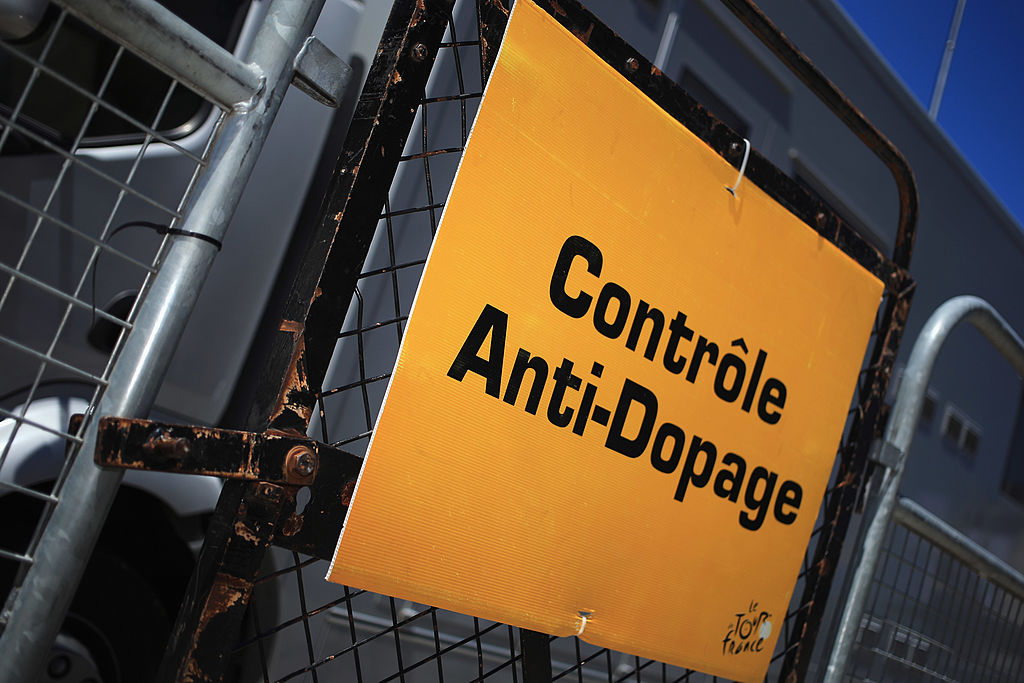The World Anti-Doping Agency (WADA) on Friday concluded its Athlete Biological Passport (ABP) symposium in New Delhi, India, during which the Associate Director of the programme revealed that the agency plans to implement a new module for the passport that will detect the use of human growth hormone (HGH) along with the two existing modules that can pick up EPO or steroid doping.
Speaking to the New Indian Express, Dr Reid Aikin highlighted the effectiveness of the blood and steroid passports in deterring doping.
“You see a change in the nature of this passport and the prevalence of positives,” Aikin said.
“When you look at populations where there is ABP, amateur, and national level where athletes are not tested heavily, there is a higher prevalence of substance use here. So it really depends on the amount of testing, whether you give a strong impact or not.”
Professional cycling was the first sport to implement the ABP in 2008 as a way to indirectly detect the use of blood-boosting drugs like EPO by measuring changes in blood values over a long period since EPO is only detectable in a short window.
Before EPO could be detected, the UCI tried to stem the abuse by setting a limit on riders’ haematocrit values. The first tests for the drug were developed in 2001 but, as we later learned from Operacion Puerto and the investigation into Lance Armstrong and the US Postal Service team’s doping, among other cases, EPO was still in rampant use until the ABP went into effect.
However, Aikin said the use of EPO for performance-enhancing purposes, “is not going to go away”.
“This is something that is very much in use. But if you look at populations that have the passport implemented for a long period of time, the use does go down.”
More recent cases like Operation Aderlass in 2019 prove that doping has not gone away.
In addition to combatting blood boosting, which helps to increase the oxygen available to riders’ muscles, WADA has a steroid module to pick up substances that help build muscle and, in 2023, will implement a system to detect the use of growth hormone which helps to aid recovery.
“First, we [will] launch the Endocrine Module at the beginning of next year that will help to detect human growth hormone doping or anything affecting the growth hormone,” Aikin said.
“We also have some new steroid markers coming out, to be measured in blood at the beginning of next year. Now the steroid markers are measured in urine, we are going to add complementary markers….
Click Here to Read the Full Original Article at CyclingNews RSS Feed…

